Govt yields to FNCCI appeal, delays power disconnections for industries
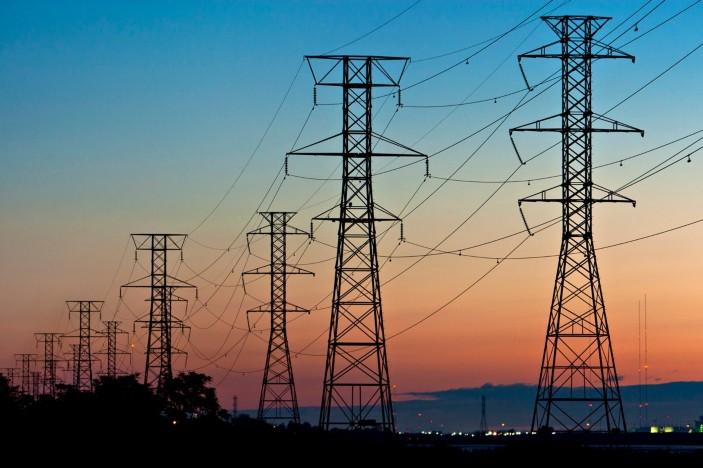
KATHMANDU: Under increasing pressure from the industrial sector, the government has once again deferred taking action on the contentious issue of recovering long-overdue bills related to dedicated feeders and trunk lines, a matter that has lingered for an extended period, creating a rift between stakeholders and the authorities.
The controversy came to the forefront when the Nepal Electricity Authority (NEA) recently issued a public notice, presenting industrialists with a strict 15-day ultimatum to settle their substantial outstanding dues accrued from the utilization of dedicated feeders and trunk lines.
Failure to comply with this ultimatum could result in their disconnection from the main electricity supply grid. These unpaid dues, which have accumulated to an alarming sum exceeding Rs 15 billion, have remained unresolved since as far back as 2015.
In response to the NEA’s stern stance, the Federation of Nepalese Chambers of Commerce and Industry (FNCCI) issued a comprehensive press release, shedding light on Prime Minister Pushpa Kamal Dahal’s intervention. The Prime Minister, it was disclosed, has directed the NEA to temporarily hold off on implementing its decision.
During a dedicated meeting with Prime Minister Dahal, the FNCCI laid out its concerns and passionately appealed to the government to engage in a proactive dialogue aimed at resolving the ongoing electricity dispute surrounding dedicated and trunk lines.
What sets this scenario apart is the backdrop of a persistent economic recession, which the FNCCI has cited as the driving force behind its plea for relief. FNCCI President Chandra Prasad Dhakal articulated the prevailing hardships faced by industries and businesses, exacerbated by the protracted impact of the COVID-19 pandemic.
Dhakal warned that any disruption in power supply during this fragile economic climate would only serve to further discourage and undermine the resolve of entrepreneurs and industrialists.
In this regard, the FNCCI has proposed that the government institute special measures to support and bolster the industrial sector, which presently operates at a mere fraction of its usual capacity, hovering below the 40 percent mark.
Dhakal underscored the urgency of this appeal, asserting, “We are in dire need of support and cooperation during these trying times.”
The genesis of this electricity billing issue dates back to 2015 when the NEA introduced an additional fee structure targeting industries with high energy consumption.
Citing recurring power outage problems, the NEA initiated a premium charge of 65 percent for users of dedicated and trunk lines, which was later reduced to 15 percent in addition to the regular tariff.
A significant turning point occurred in August 2020 when the government took the decision to exempt industrialists from charges for electricity usage through dedicated feeders and trunk lines for a period spanning eight and a half months out of the overall outstanding dues.
Despite this concession, industrialists have steadfastly refused to address the remaining dues, totaling 28 months and 11 days.
In July 2019, recognizing the growing controversy surrounding the legitimacy of premium charges on industries, the parliamentary Public Accounts Committee (PAC) convened a five-member sub-committee chaired by Nepali Congress leader Minendra Rijal.
This sub-committee diligently worked to address and resolve dues amounting to Rs 14.08 billion associated with the use of dedicated feeders and trunk lines.
Further complicating matters, an annual report published by the Office of the Auditor General revealed that 49 industrialists have yet to settle pending electricity bills totaling a staggering Rs 15.53 billion, stemming from the special facilities extended to them during the period of load shedding.
This revelation underscores the complexity and gravity of the electricity billing issue, which continues to be a point of contention and discord within Nepal’s industrial landscape.









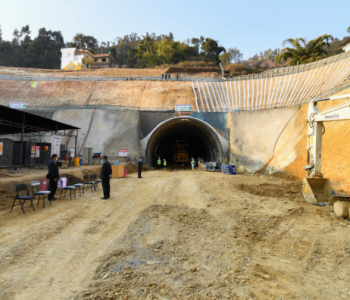
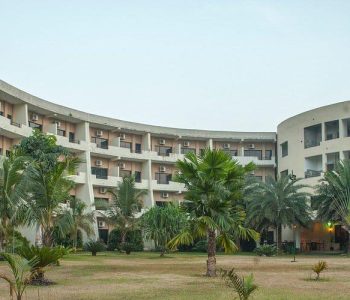
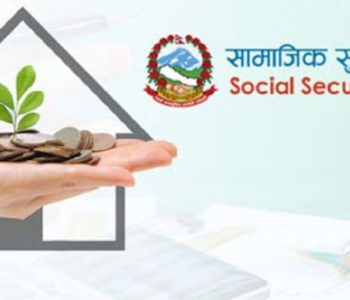
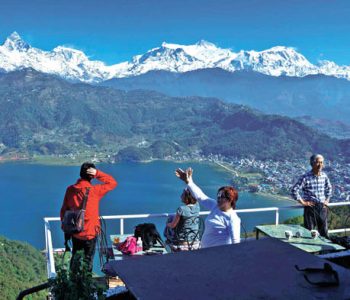
Facebook Comment